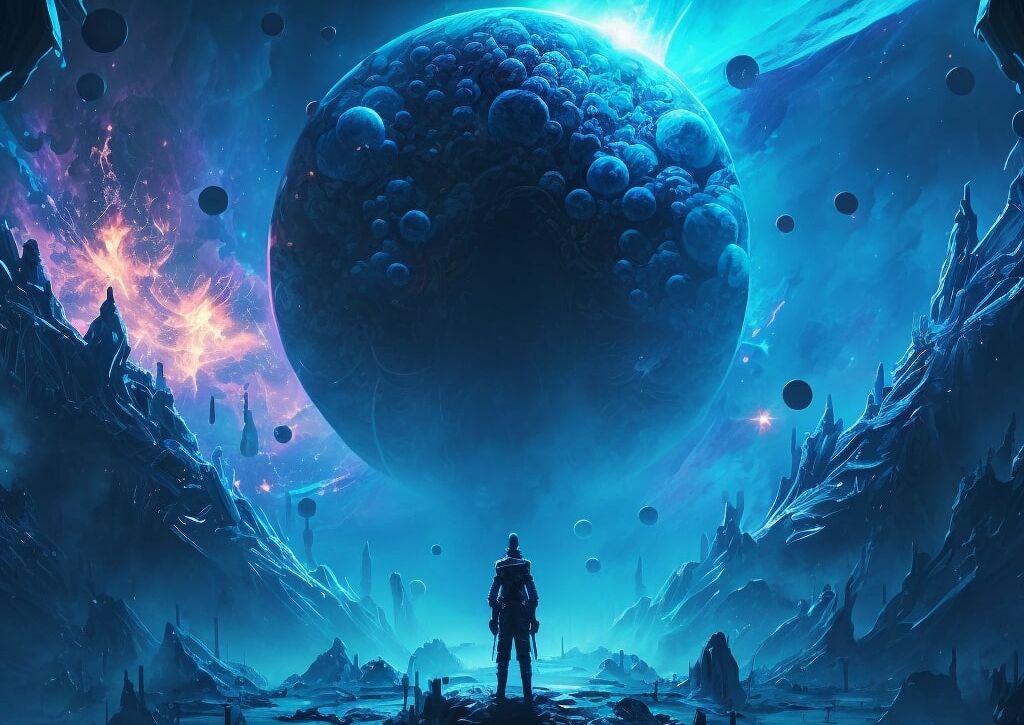Space tourism and travel beyond Earth’s atmosphere are closer than ever, with AI driving advancements in this field:
Autonomous spaceflight: Companies like SpaceX and Blue Origin rely on AI to autonomously navigate spacecraft, control launch systems, and optimize fuel consumption.
Safety and life support: AI is used to monitor life-support systems, ensuring that human space…












